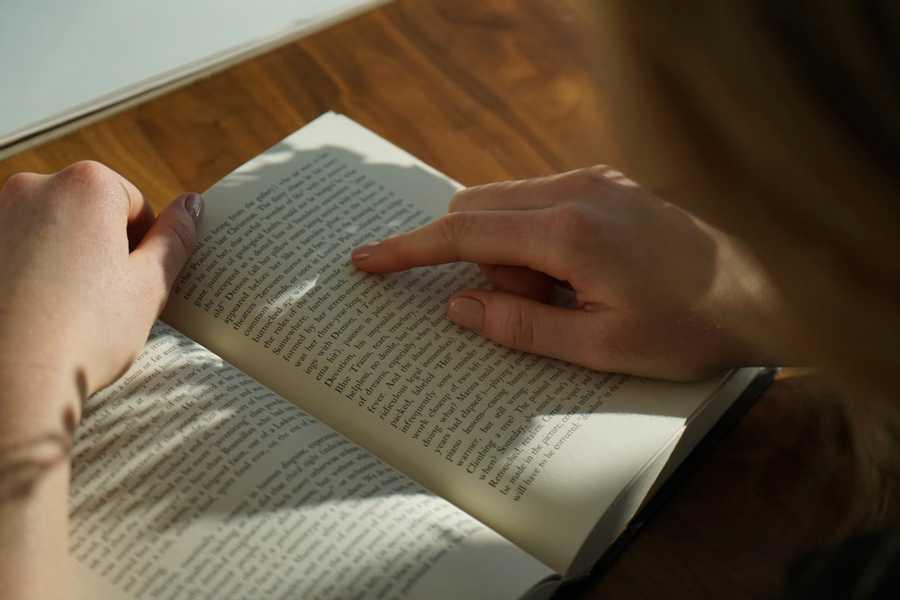Ethan Hamilton's Key Ideas from How to Read a Book
by Mortimer J. Adler
Ideas, facts & insights covering these topics:
6 ideas
·5.75K reads
38
Explore the World's Best Ideas
Join today and uncover 100+ curated journeys from 50+ topics. Unlock access to our mobile app with extensive features.
Types of Reading
The way we read a book, article, or paper changes depending on our goals and our skills. It’s useful to think about how we are reading in order to make sure we spend our time and energy in the most effective way. In How to Read a Book, the philosopher Mortimer Adler gives us 4 types of reading to consider.
69
1.15K reads
Elementary Reading
The most basic level of reading is called elementary reading. As you might guess, this is the sort of reading that we learn in elementary school. Although we learn the basics of reading in elementary school, this is the most fundamental sort of reading and sometimes we have to add to our skill in it throughout life. This stage of reading involves recognizing letters, understanding grammar, and knowing the meanings of words.
67
957 reads
Inspectional Reading
The next stage of reading is called inspectional reading. At this point, we are reading through a book in order to see what it is and judge whether or not we should spend more time with it. There are two types of inspectional reading:
- Systematic skimming
- Superficial reading
During systematic skimming, we check the parts of the book such as the table of contents or the index to see what material the book covers. This gives us a superficial understanding of what the author is trying to accomplish.
During superficial reading, we might read straight through the book without critical assessment.
74
925 reads
Analytical Reading
Once we know the basics about some reading material, we might judge that we need to spend more time with it in order to understand it better. This stage of reading is called analytical reading. During the analytical reading stage, we might assess the author’s arguments, study the narrative, or assess the aesthetic value of the writing. Different types of reading material require different approaches. During analytical reading, we are trying to understand the reading material at the nuts and bolts level.
75
919 reads
Syntopical Reading
Syntopical reading is the most demanding level of reading, where we might examine multiple books on a subject in order to compare and contrast them. While the goal of analytical reading is about understanding one particular book, syntopical reading is about understanding the breadth of a field or subject area. This stage of reading involves identifying relevant sections of different books, understanding the questions the authors are asking, and critically assessing the views and arguments and how they relate to each other.
81
886 reads
By understanding the different sorts of reading, you can be a more demanding reader and acquire more knowledge in less time. Mortimer Adler asks that you keep four questions in mind in order to be a demanding reader:
- What is this book about?
- What exactly is being said, and how?
- Is this book true in whole or in part?
- Why does it matter?
MORTIMER ADLER
110
916 reads
IDEAS CURATED BY
I think about #AI, #AIEthics, #Philosophy, #Psychology, and #Art Let’s philosophize!
CURATOR'S NOTE
Hi Deepstash. I want to see how this app works, so here are the levels of reading I learned about in Mortimer Adler’s book, ‘How to Read a Book’.
“
Curious about different takes? Check out our How to Read a Book Summary book page to explore multiple unique summaries written by Deepstash users.
Ethan Hamilton's ideas are part of this journey:
Learn more about education with this collection
How to synthesize information from multiple books
How to analyze a book
How to set reading goals
Related collections
Different Perspectives Curated by Others from How to Read a Book
Curious about different takes? Check out our book page to explore multiple unique summaries written by Deepstash curators:
1 idea
Muskan Dhillon's Key Ideas from How to Read a Book
Mortimer Jerome Adler
8 ideas
Adriann Nicolaeee's Key Ideas from How to Read a Book
Mortimer J. Adler, Charles Van Doren
1 idea
Being Creative's Key Ideas from How to Read a Book
Mortimer J. Adler
Discover Key Ideas from Books on Similar Topics
5 ideas
Reading Success in the Early Primary Years
Jocelyn Seamer
8 ideas
Speed Reading
Kam Knight
2 ideas
The 100 Best Quotes About Reading
bookroo.com
Read & Learn
20x Faster
without
deepstash
with
deepstash
with
deepstash
Personalized microlearning
—
100+ Learning Journeys
—
Access to 200,000+ ideas
—
Access to the mobile app
—
Unlimited idea saving
—
—
Unlimited history
—
—
Unlimited listening to ideas
—
—
Downloading & offline access
—
—
Supercharge your mind with one idea per day
Enter your email and spend 1 minute every day to learn something new.
I agree to receive email updates





